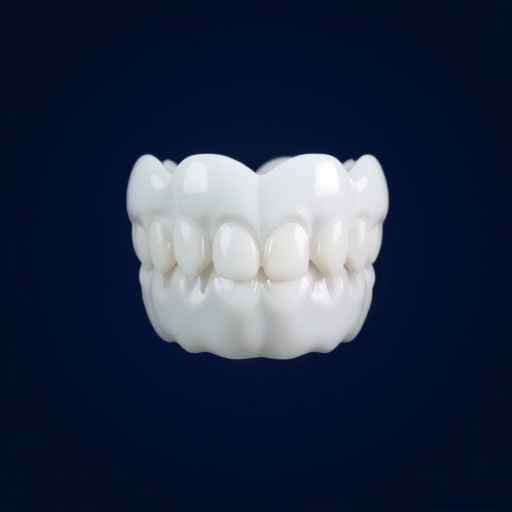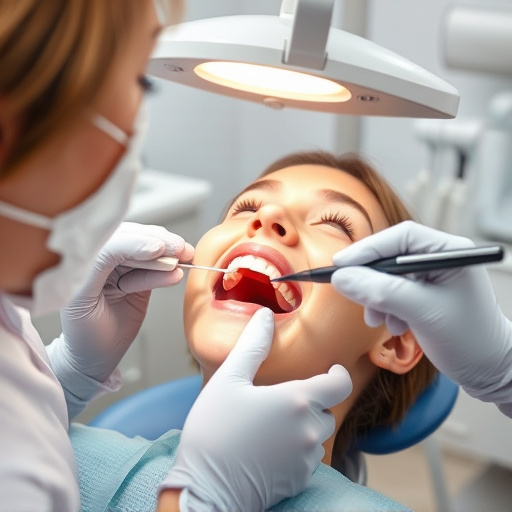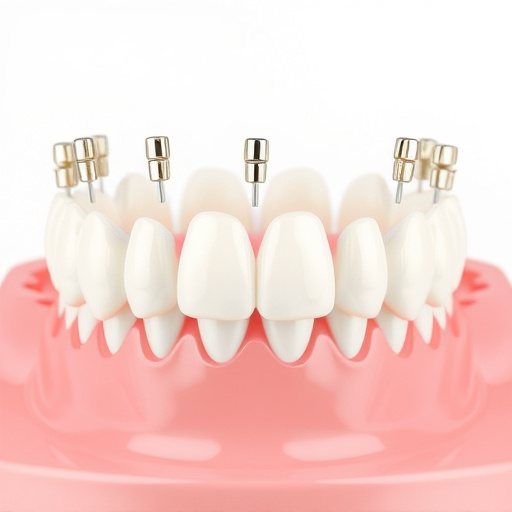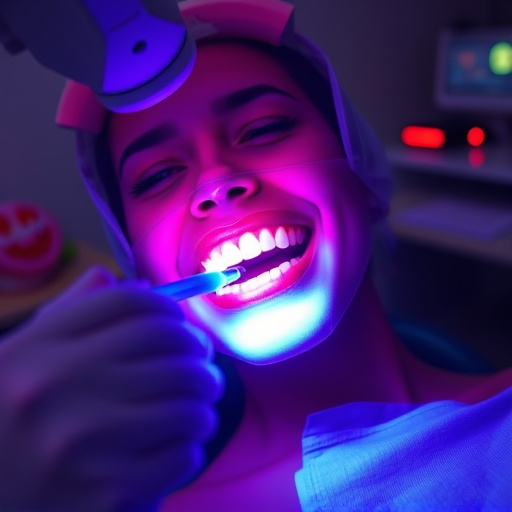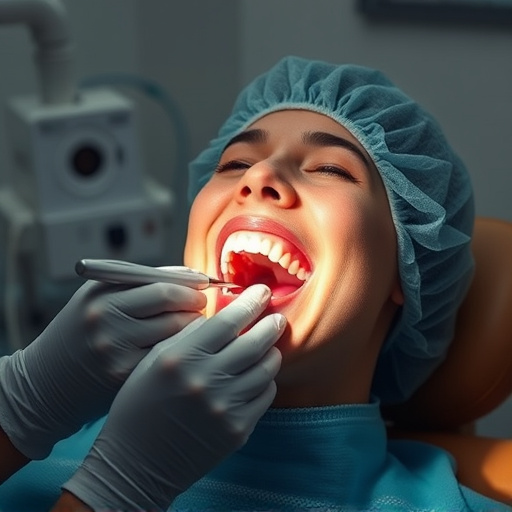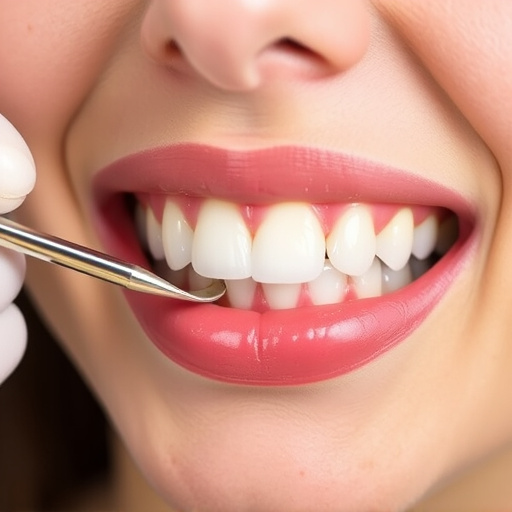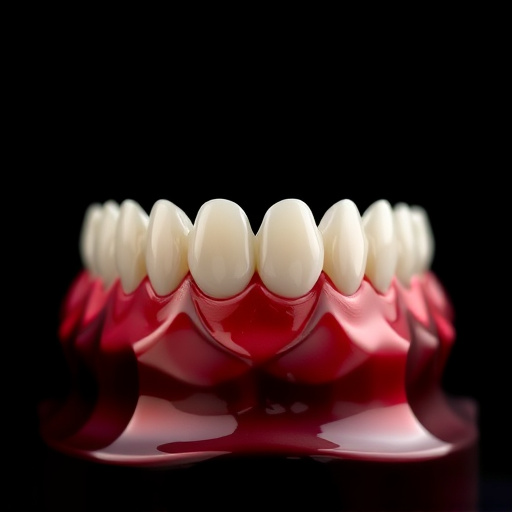Tooth extraction services are necessary for impacted teeth lacking space for eruption or severely damaged/decayed teeth not salvageable by fillings, crowns, or root canals. Early detection through routine oral exams is key in preventing pain, infections, and decay spread. Modern dental techniques, anesthesia, and post-op care ensure comfortable and effective tooth extraction services, followed by regular check-ins for proper healing.
Do you need tooth extraction services? This guide explores common reasons why teeth might need removal, helping you identify if it’s time to seek professional help. From impacted wisdom teeth to severe decay or damage, understanding these indicators is crucial for maintaining optimal oral health. Learn what to expect during and after the procedure, ensuring you’re prepared for a smooth recovery.
- Understanding Common Reasons for Tooth Extraction
- Identifying When It's Time to Seek Professional Help
- What to Expect During and After the Procedure
Understanding Common Reasons for Tooth Extraction
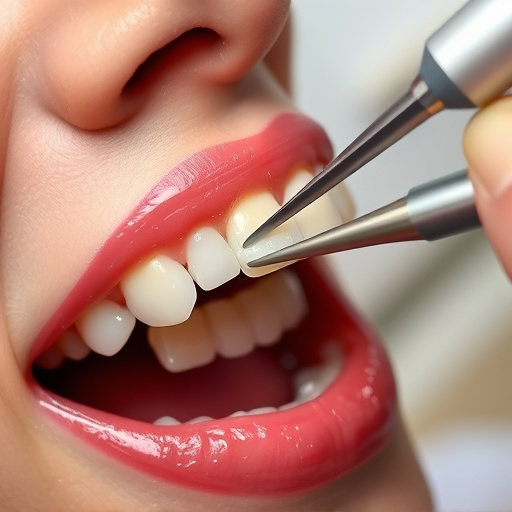
Tooth extraction services are often needed when teeth become impacted or severely damaged, making them non-salvageable. Understanding common reasons for tooth extraction is crucial in maintaining optimal oral health. One of the most frequent indications is an impacted tooth, which fails to erupt properly through the gum line due to lack of space or other anatomical barriers. This can lead to pain, infection, and potential damage to surrounding teeth and structures.
Another significant reason involves damaged or decayed teeth that cannot be restored through fillings, crowns, or root canals. Severe tooth decay erodes the enamel and dentin layers, reaching the pulp chamber, which houses blood vessels and nerves. When this occurs, a dentist might recommend extraction to prevent further pain, infection, and potential spread of decay to other teeth. Emergency dental care is often required in such cases, as prompt action can make a substantial difference in managing discomfort and preserving oral health. Additionally, routine oral exams play a vital role in identifying issues early, including those that may necessitate tooth extraction services, ensuring long-term dental wellness.
Identifying When It's Time to Seek Professional Help
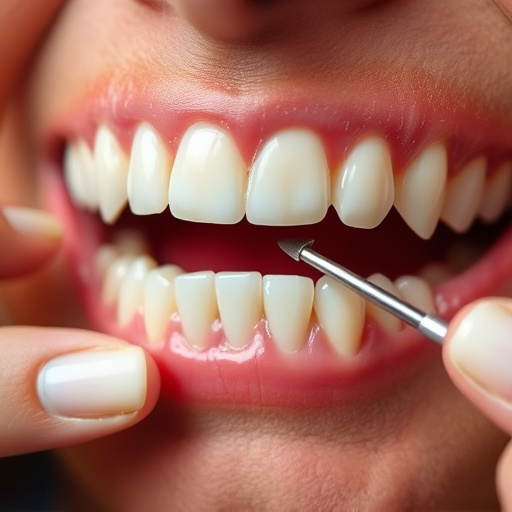
Identifying when it’s time to seek professional help for your oral health is crucial. While minor issues like a loose or slightly painful tooth might be manageable at home, persistent pain, severe infections, or teeth that are severely damaged or impacted require the expertise of a dental professional. A visit to a dentist for a comprehensive check-up can reveal underlying problems that may not be immediately apparent, such as decay extending deeper than a surface repair could fix or wisdom teeth pushing through in an awkward angle, leading to discomfort and potential damage.
Tooth extraction services become necessary when these issues threaten the overall health of your mouth or surrounding areas. Unlike a tooth repair or the use of clear aligners for minor misalignments, wisdom tooth removal is a common example where surgery is required to extract fully developed or partially erupted wisdom teeth that can cause pain, infection, or crowd other teeth. Prompt attention from a qualified dental professional can prevent complications and ensure the best possible outcome for your oral health.
What to Expect During and After the Procedure
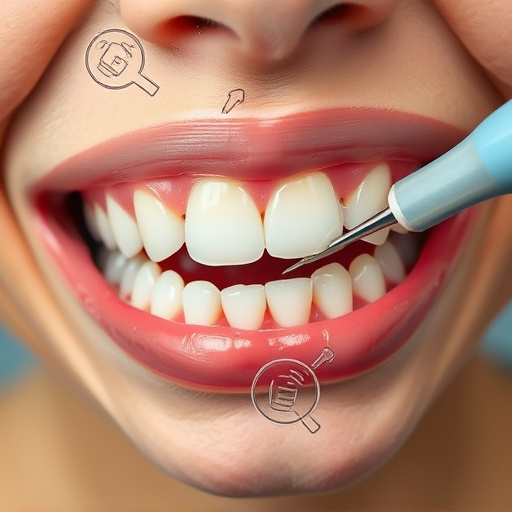
During a tooth extraction procedure, patients can expect a comfortable experience thanks to modern dental techniques and anesthesia. The dentist will first assess the tooth’s condition, often using X-rays to determine the best approach. They may then administer local anesthesia to numb the area around the tooth, ensuring minimal discomfort during the extraction itself. The process involves carefully removing the tooth while preserving nearby structures. Often, a small amount of bleeding is expected, which can be managed with gauze pads.
After the procedure, it’s common to experience some mild swelling and soreness in the extracted area. Patients are usually advised to take over-the-counter pain relievers and avoid strenuous activities for a few days. Proper aftercare, including gentle cleaning and following dentist recommendations, is crucial for a smooth recovery. This may include maintaining a soft diet and avoiding certain foods and beverages until the extraction site heals, which typically takes a week or two, depending on individual healing capabilities. Regular check-ins with your general dentistry provider will ensure proper healing and address any concerns.
Tooth extraction services are not just for severe cases; they can also be a proactive step towards better oral health. Whether it’s due to damage, infection, or impacted wisdom teeth, understanding when to seek professional help is key. By identifying the signs and consulting dental experts, you can ensure a timely and comfortable procedure, leading to improved overall well-being.






